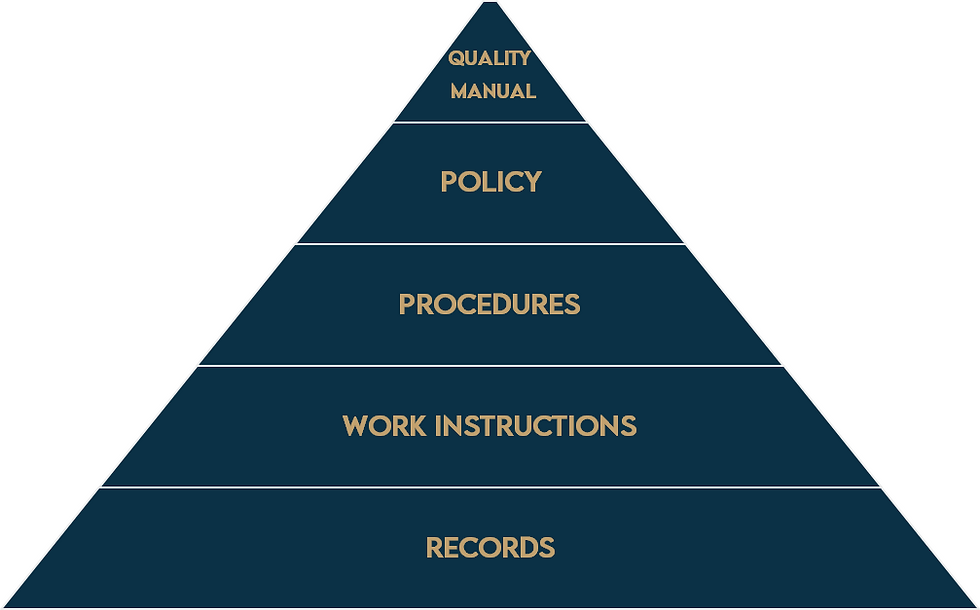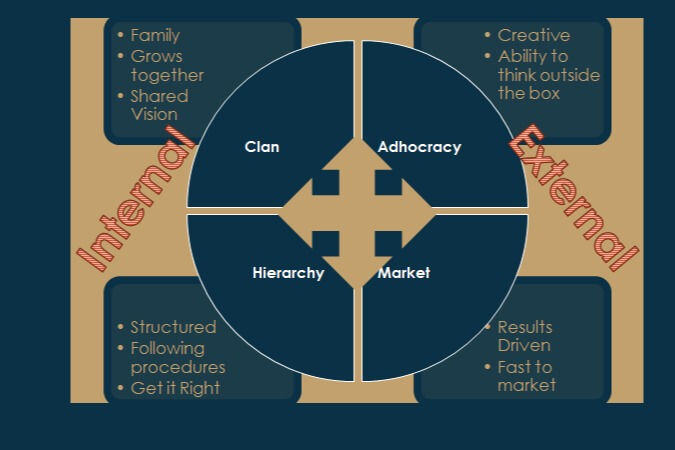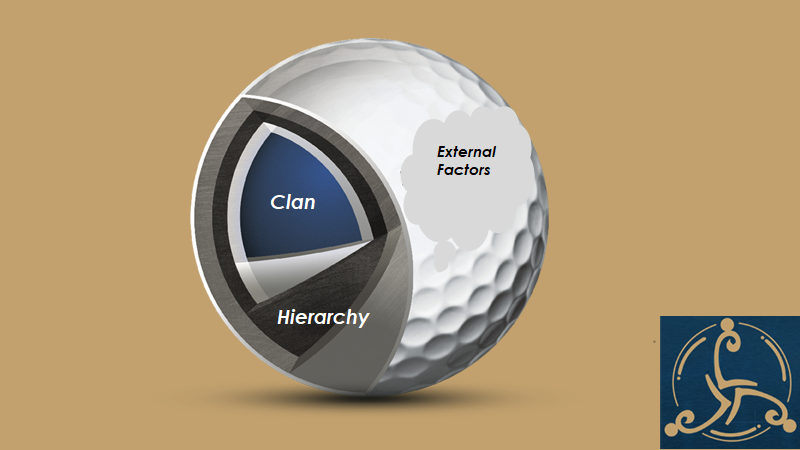Culture has always meant to me the 'who we are' the what we're about' and the acknowledgement that we may not be perfect and all need to continually 'work at it'. HR Departments work very hard and strive to hire the right fit for their specific organisations. DI culture needs to be an integral part of overall organisational culture but I really think it needs it's own call out and understanding to get it right ensuring that no one gets left behind on the DI journey.
Webster's English Dictionary defines Culture as' the integrated pattern of human knowledge, belief, and behavior that depends upon the capacity for learning and transmitting knowledge to succeeding generations or alternatively 'enlightenment and excellence of taste acquired by intellectual and aesthetic training'
When it comes to a Data Integrity Culture it is very much not a done deal - it is a journey which continues to evolve, and needs to be shared and bought into at all organisational and stakeholder levels. In quality driven organisations even if you are not directly data/record impacting you still have an important role to play in overall company DI culture. But is it policy and structure alone that ensures an effective successful DI culture?
For example where companies have automated or paper based QMS solutions and a clear structure of policies, standards, SOPs, Work Instructions and Check lists there is a is a clear hierarchy. Policies or Framework Strategies inform Standards, which in turn inform SOPs etc. Complying with this hierarchy ensures we are doing things right.

So does a Hierarchy only approach to Data Integrity Culture work?
If we look at where DI breaches have occurred whether intentional or unintentional, was a hierarchy only approach applied - just follow these standards and procedures and all will be well??
The Organisational Culture Assessment Instrument (OCAI) developed by Cameron and Quinn
About the Organizational Culture Assessment Instrument (OCAI) (ocai-online.com)
is a method to assess organisational culture and identifies 4 common types of company culture:
-
Adhocracy
-
Market
-
Hierarchy
-
Clan

Similarly if we only apply a Hierarchy type culture we are definitely putting the structure in place but possibly neglecting some user and stakeholder buy-in - so our culture also needs the Clan approach, we are a family all invested and understanding what Data Integrity means and the impact of bad data. Just like a family there may be a spread of age groups across your company and providing data integrity examples that will resonate at all levels should be considered to get a sustainable company buy in.

So our DI culture has to have a structural/ hierarchical component but it also needs a people centric (clan) approach . Additionally external factors should also influence our culture but to a lesser degree.
I like to think of this as a Golf Ball culture - has a very defined core of company personnel (Clan) buy-in where everyone is striving for Data Integrity Excellence, with the standards and procedures and data governance elements in place providing a structural hierarchy.

Side note: When the golf ball was first designed it was smooth and golfers noticed that as they played more, the ball became more dimpled and their shots improved.
Data Integrity culture needs to evolve and respond to
-
changes to requirements driving procedural changes
-
willingness to innovate and use of new data integrity enabled solutions
-
identified risks to be openly discussed and remediated
-
employees openly speaking about DI opportunities
I like to think of these evolutionary journey points as golf ball dimples and the continuous improvement of how we do Data Integrity. Maybe the External factors of culture in the OCAI instrument assessment are a big driver to what those dimples really are.
At ERA Sciences we are passionate about Data Integrity Excellence and the Culture that drives it.
If you are interested in getting more information on this or any other DI topic please contact us at CONTACT US | ERA Sciences


Comments